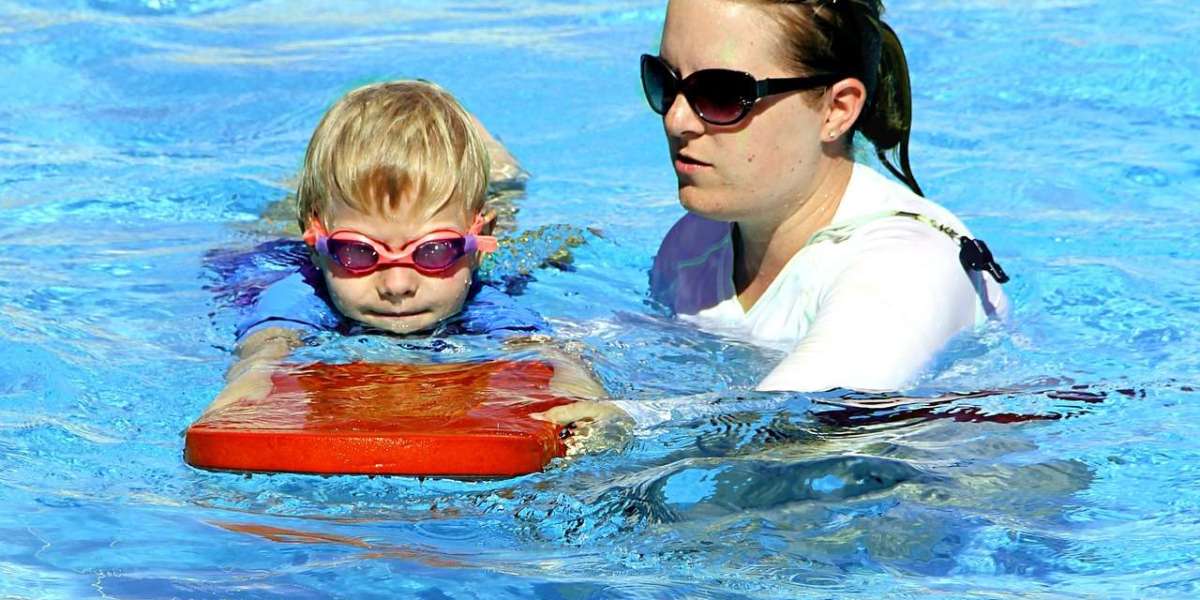Have you ever watched a child in the water? First there’s the splash, then the giggle, then a bold little kick… and suddenly, they’re swimming. It might look like magic, but it’s actually nature at work—plus the right guidance.
Let’s talk about how children unlock swimming skills in a way that feels natural, joyful, and instinctive.
1. Kids Are Born Movers—and Water Feels Like Home
Babies are born with a natural instinct to move in water. It’s called the swimming reflex, and while it fades over time, the comfort around water can stay if it’s nurtured early.
That’s why introducing children to swimming in a fun, stress-free way sets the foundation for lifelong skills.
2. Play First, Technique Later
At Aqua Swimming Academy in Dubai, we know that kids learn best through play. Structured games, floating toys, and fun water challenges help them build basic motor skills before formal strokes are introduced.
Here’s the magic:
- Splashing becomes confidence.
- Floating becomes body awareness.
- Kicking turns into propulsion.
- Blowing bubbles becomes breath control.
Kids don’t even realize they’re learning—they’re just having a blast.
3. Progress Happens in Stages (and That’s Okay)
Swimming isn’t an overnight skill. Most kids move through these natural stages:
- Water comfort – Feeling safe and relaxed
- Buoyancy and balance – Learning to float and stay upright
- Basic movement – Kicking and arm paddling
- Breath control – Exhaling underwater and rhythmic breathing
- Stroke development – Starting with freestyle and backstroke
Each stage is important. We never rush. With patience, encouragement, and practice, every child unlocks their rhythm.
4. Encouragement > Perfection
When a child is learning to swim, the goal isn’t a perfect stroke—it’s building trust. Trust in the water, trust in their body, and trust in their instructor.
That’s why our instructors are trained to celebrate effort over outcome. A child who floats for 5 seconds? Victory. A kick that moves them forward? Progress.
These small wins keep them coming back—and that consistency is what makes swimmers.
5. Confidence Spills Into Other Areas of Life
Swimming does more than teach a life-saving skill. It boosts:
- Confidence
- Discipline
- Patience
- Focus
We’ve seen shy kids blossom into leaders—just because they learned to swim. The moment they realize they can move through water on their own? That’s power.
People Also Ask:
Q: What’s the best age to start swimming lessons for kids?
A: As early as 6 months for water introduction, and around 3–4 years for structured lessons.
Q: How long does it take for a child to learn swimming?
A: It varies! Some pick it up in weeks, others take a few months. Consistency is key.
Q: Should my child learn to swim even if we don’t go to the beach or pool often?
A: Absolutely. Swimming is a life skill and safety essential, no matter where you live.
FAQs
Q: My child is scared of water. What should I do?
Start slow. Gentle exposure, fun games, and calm encouragement help. We work one-on-one with nervous kids to help them feel safe.
Q: Can my child learn without floaties?
Yes! Instructors gradually wean children off floatation devices as their skills improve. The goal is real, independent swimming.
Q: How are your lessons different?
We focus on individual pace, playful methods, and emotional safety. At Aqua Swimming Academy, kids are never rushed—only supported.
Let the Splashing Begin
Every swimmer starts with a splash. Every confident stroke begins with a wobble. At Aqua Swimming Academy, we meet children exactly where they are—and help them grow one ripple at a time.
Because when kids feel safe, supported, and free… they swim like they were born to.



